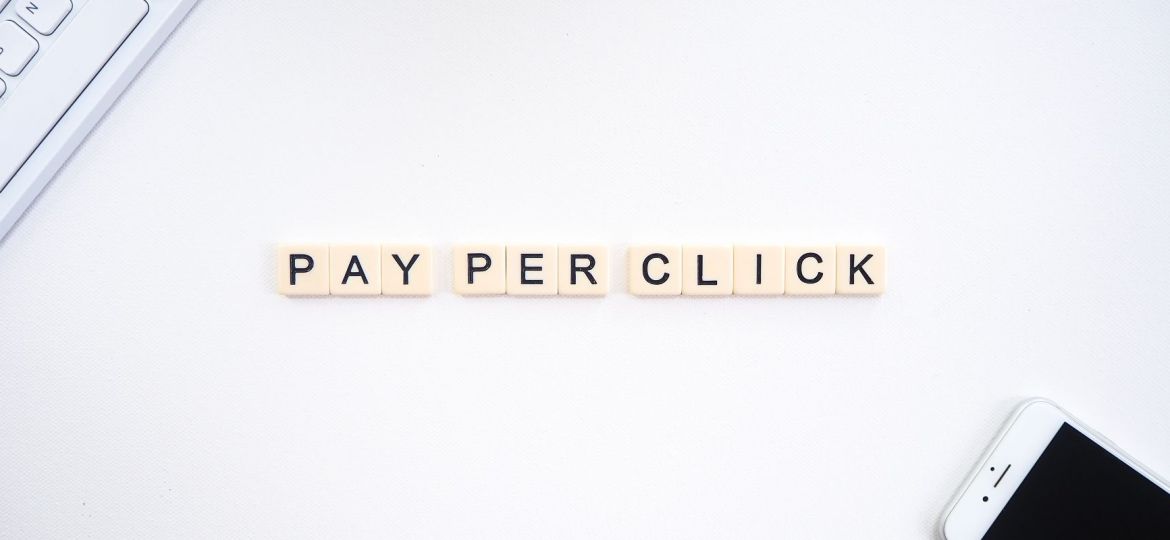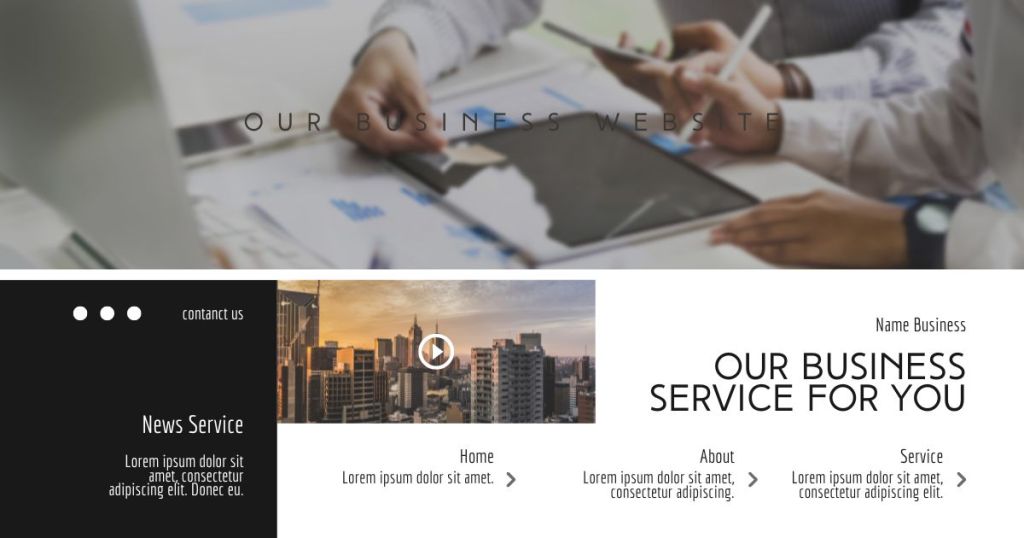
PPC, or pay-per-click, can be used to develop a powerful digital marketing strategy that ties your Google ads to search keywords. Your company’s ads appear on relevant Search Engine Results Pages (SERPs) as users search these keywords. One of the most appealing features of PPC: you reach people at the exact moment of their search (when they are at their highest intent to take action). Building a PPC strategy starts and ends with some of the basics, so let’s walk through what you need to know.
PPC is popular with digital marketers for several reasons:
- Once your ad is approved and your keywords secured, you can see results almost immediately. Unlike Search Engine Optimization (SEO), which builds relevance over a more extended period, PPC provides quick results and immediate data feedback and allows for enhanced responsiveness from your digital marketing agency as they fine-tune your campaign so it gains the most ROI.
- In-depth data on such metrics as impressions, clicks, click-through rate, conversions, and conversion values give a digital marketing team plenty of information to work with as they look to refine the performance of a component of each ad, an entire ad, or the campaign generally.
- You are in full control of the budget and ad schedule. There are no unwanted surprises when building a PPC campaign, which is perfect for a business making an initial investment in testing the process and assessing results.
At Summit Crew, we specialize in building proactive PPC campaigns that align with your business goals and strategies and reach your customers where they are. Here are some of the essential steps we take to ensure that you get the highest possible return on every PPC dollar invested.
Survey the Landscape
Before stepping into any marketing platform, it is crucial to know who your competitors are, what they are doing, and how successful are they are doing it, and what needs to be done to get out in front of the PPC race. Knowing what sites are competing for the same audience and what paid keywords are activating traffic to these sites helps you prioritize your goals and invest wisely.
Researching organic and paid keywords means more than just knowing what your competitors use. This process also includes old-fashioned brainstorming around possible keywords that might align around product or service packages, then these keywords go through the keyword planning process to ensure there are audiences searching on these terms. You can build out this information out to include secondary and tertiary keywords that have a history of high click-through rates (CTR), and impressions to utilize in your PPC strategy. check out some tips on the killer CTA to improve CTR.
Build PPC Landing Pages Designed for Conversion

PPC ads should direct users to landing pages designed specifically for the advertised product or service. The closer the alignment, the higher the conversion rate. Sending searchers to your home page, for example, will not only prove frustrating but will weigh negatively on your quality score. A low-quality score means that your ads have less of a chance of showing up on SERPs and that you will be paying more per click than a higher-quality ad in the same category.
Keeping keywords consistent between the PPC ad and landing page is also critical, as is having a clear, compelling Call to Action (CTA) that is simple and user-friendly. Is your goal to close a sale or secure a consultation? You design a CTA to convert the click into your intended outcome, so be sure not to confuse the messaging at this point.
Negative Keywords for Positive Impact
An effective PPC campaign is not plug-and-play. It needs fine-tuning as more data is made available. One important strategy is to look for keywords that might have many impressions (is made visible to searchers many times) but do not yield a high CTR (is not activated by searchers). By designating these as negative keywords, you effectively disconnect your PPC ads from these ineffective keywords. The result is an increased CTR and a higher return on your PPC investment. Concentrating your marketing dollars on high-performing keywords is a fundamentally sound marketing decision.
Fine Tune Your Quality Score
A PPC campaign relies heavily on your ads’ quality score, so putting in the time to fine-tune your quality score (QS) is worth the effort. With a rating system of 1 (lowest) to 10 (highest), QS grades your campaign on many areas including a few things such as keywords relevancy, quality of the user experience, website page speed, ad content, and landing pages. Your QS is translated to an expected CTR and ad relevance, all of which come into play when calculating your PPC cost, also known as your cost per click (CPC).
Some quick tips for improving your QS and driving down your CPC include:
- Optimize the load time of your landing page. A slow page equals a weak user experience. A weak user experience equals a lower QS.
- Ensure your content is focused and relevant. Ensure that the landing page attached to an ad is about the product or service advertised. Distracting or irrelevant information is of little value to the searcher and negatively impacts your QS.
- Ensure your content is useful. Keep the language simple and clear. Use videos to increase the dynamic appeal of your landing page. Use customer feedback to help shape your trust. For instance, if you are constantly fielding questions about your product’s color or size options, be sure to make those options clear in your landing page content.
- Design with the user in mind. A gorgeous landing page with all kinds of dynamic features is useless if users get confused and never respond to your CTA. Keep navigation simple, content clear, and pay attention to proven design principles. A transactional landing page is never the place to break the rules, make a creative statement, or flaunt your rebellious streak. A landing page is designed to make it as easy as possible for the user to place an order, book an appointment, or whatever your CTA outcome is.
Want to learn more about how a well-designed PPC strategy can win your business customers and increase profitability? Contact the Summit crew today and let our Google experts show you how PPC can bring your digital marketing to the next level.
If you need help growing your business and averaging 400% or more ROI from your digital efforts, give us a call today or schedule a free strategy session with one of our experts in digital marketing. You will have an opportunity to discuss your business and your marketing goals, and we will provide recommendations on what you should be doing based on our BOOST Method. This is a sales-pitch-free no-obligation meeting, just real advice.

